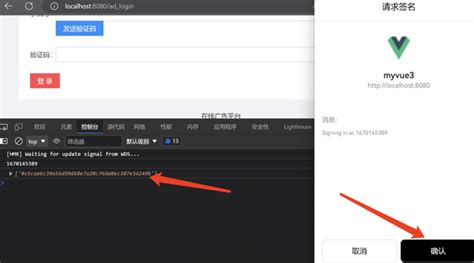Metamask: eth_requestAccounts returns an address with all lowercase?
Understanding the request “Eth_RequestactsCts” in Metamask
When you use the Metamask browser extension to interact with Ethereum, you often need to request access to the user account or remove the means from their wallet. One of the methods of doing this is through the Eth_Requestactaus feature, which allows Metamka to question your local Ethereum account and return the address.
However, there is a special detail when it comes to returning the requested address: all the tiny.
The question is: Why do the addresses remain tiny?

In most cases, you do not expect the addresses returning to Eth_Requestaccout. It may seem controversial that they are always served in detail. This gap is not immediately obvious, but it is rooted in Ethereum and Metamk in the underlying architecture.
A small address excuse
The reason why the addresses remain in detail is in the way the Ethereum blockchain manages the account keys and addresses. Ethereum is represented by one hexadecimal address associated with the account key (also known as a private key). The account key is used for transactions and interactions in the blockchain.
When creating an Ethereum account, the local wallet generates a private key, which is then used to sign transactions and interact with other users. This private key is securely stored in your wallet.
In addition, when Metamk requires access to or withdraws from your account, the Ethereum network sends the address available within the detailed transaction data. The reason is rooted in a manner in which the consensus algorithms of Ethereum and smart contracts manage the keys and addresses of the account.
Security Considerations
This action has an important impact on security. If the attacker had to use weakness in the system, he could manipulate the requested address by transferring it from lower case with uppercase letters or vice versa. This would allow them to identify other users or access to funds not intended for them.
In summary, the reason why the addresses returned with the Eth_requestaccouts are still detailed, rooted in Ethereum’s architecture and the way he manages the account keys and addresses. While this behavior may seem controversial intuitive at first, it serves as a stable security layer to prevent the possible use of malicious participants.
Safe address management best practice
While this detailed information on tiny addresses may not be visible immediately, it is important to remember that it plays an important role in protecting your Ethereum account and funds. Here are some of the best practices to make sure you manage your accounts safely:
- Always check the requested address before continuing.
- Be careful when sharing a private key or connection connection.
- Consider using a secure portfolio storage solution such as hardware portfolios.
By understanding this behavior and taking the necessary precautions, you can take advantage of interaction with Ethereum while reducing the risk of security violations.